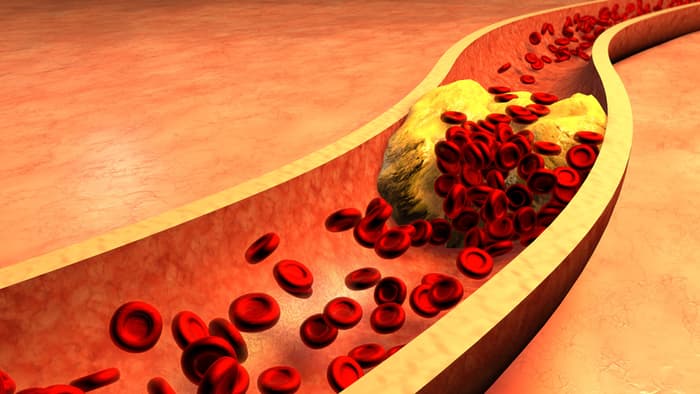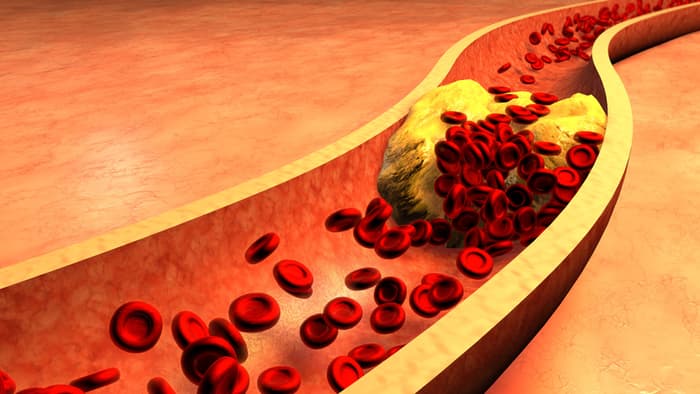
The cholesterol medicine simvastatin, which is one of the most commonly used pharmaceuticals in the world, also has a beneficial effect on the immune defence system with regard to diseases such as type 1 diabetes, multiple sclerosis and rheumatoid arthritis. Danish researchers have now explored why this is so, and their findings may result in improved treatment.
New research from Aarhus University has demonstrated how simvastatin, one of the most commonly used medicines in the world – typically prescribed to reduce cholesterol – also has a direct effect on the immune defence system. This discovery opens up new opportunities for treating chronic inflammatory diseases.
Sought-after explanation of unexpected effect
The immune defence system, which normally protects the body against infections and foreign bodies, sometimes attacks the body’s own tissue. This error in the immune system – whose cause is unknown – results in a chronic state of inflammation which breaks down the tissue. This, in turn, triggers diseases such as rheumatoid arthritis, multiple sclerosis and type 1 diabetes.
In the case of multiple sclerosis, the immune defence system destroys the central nervous system, while the inflammation affects the kidneys, eyes and sense of touch in both type 1 and type 2 diabetes, leading to a variety of complications. However, simvastatin has been shown to reduce the level of inflammation in these diseases, even though it sometimes has to be administered in high concentrations to have any effect. The reason why it does so has eluded researchers thus far.
“Simvastatin – and statins in general – are not designed to have this effect. We have now identified a new mechanism that forms the basis for the effect, and this opens up new opportunities for developing a better substance to combat these inflammatory diseases. It’s an interesting line to pursue because a great many people can take statins without significant side effects,” relates Thomas Vorup-Jensen, Professor at the Department of Biomedicine at Aarhus University. p>Statins are like a plug
The reason for the positive effect is that the pharmaceutical acts as a ‘plug’ in the proteins that retain the immune cells in the inflammation zones. With the plug in place, the immune cells can no longer contribute to the inflammation, which is therefore reduced, leaving the patient feeling better. In the case of diabetes, for example, it can help reduce the risk of patients developing complications.
“We initially observed this mechanism in the laboratory. Of course, we now need to establish whether it works in the same way in vivo, but we think it’s likely,” says Thomas Vorup-Jensen.
###
About the study
Type of study: Basic research
External funding: The Danish Multiple Sclerosis Society, the Danish Council for Independent Research, the Lundbeck Foundation, the Danish National Research Foundation and the Aarhus University Research Foundation.
Partners: Researchers from Science and Technology at Aarhus University.
You can read the full article entitled “Structural basis for simvastatin competitive antagonism of complement receptor 3” in the Journal of Biological Chemistry.
Media Contact
Thomas Vorup-Jensen
[email protected]
45-21-48-97-81
@aarhusuni
http://www.au.dk
The post Effect of cholesterol medicine on inflammatory diseases mapped appeared first on Scienmag.





